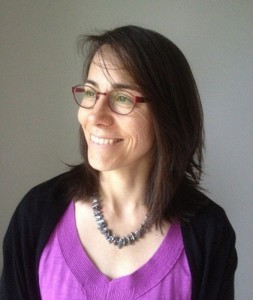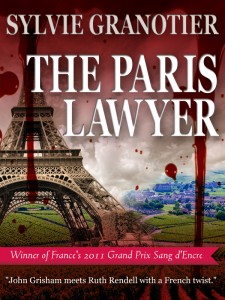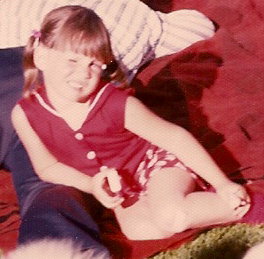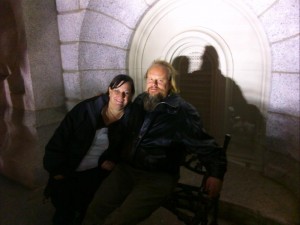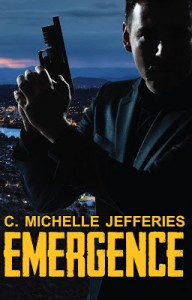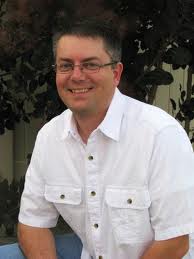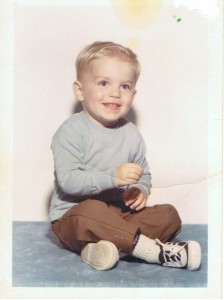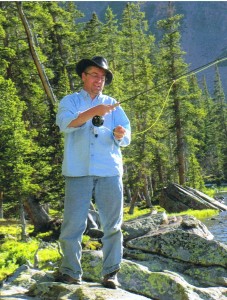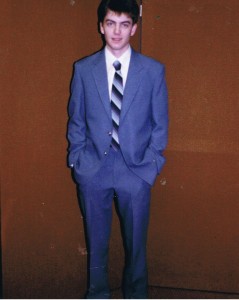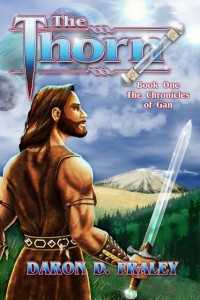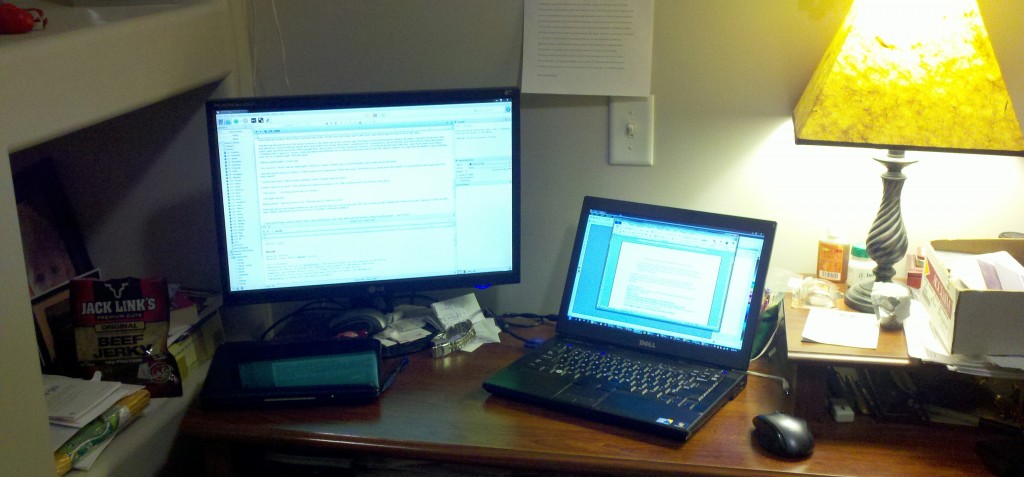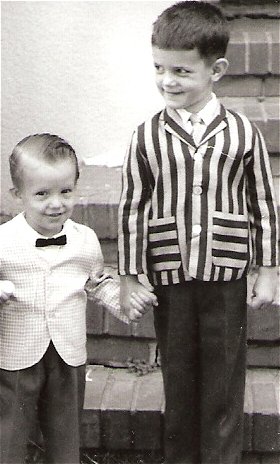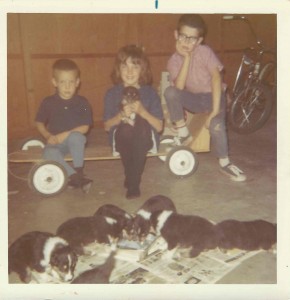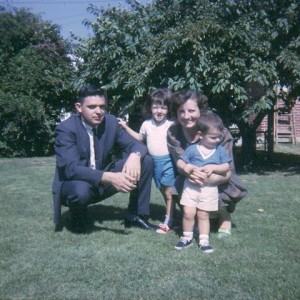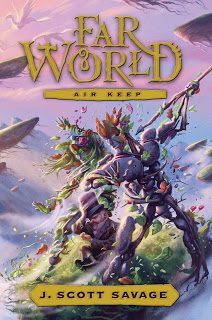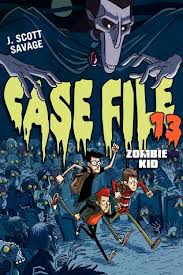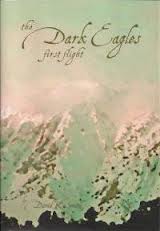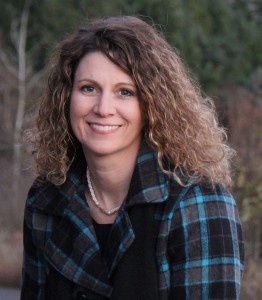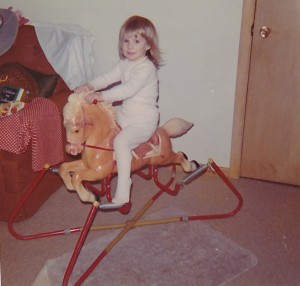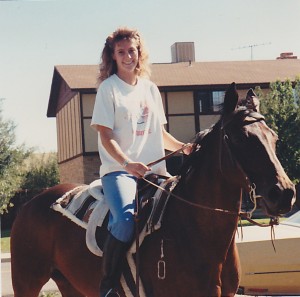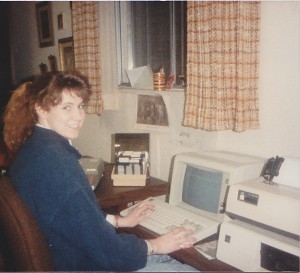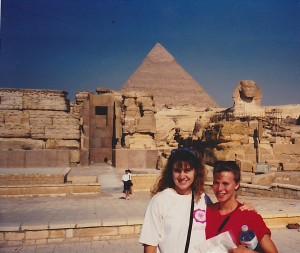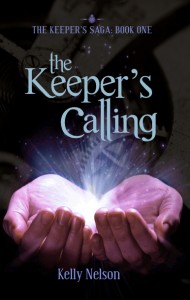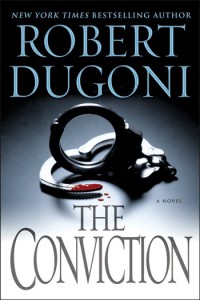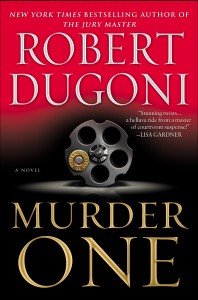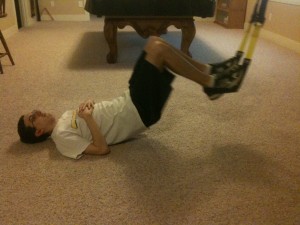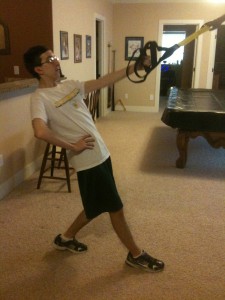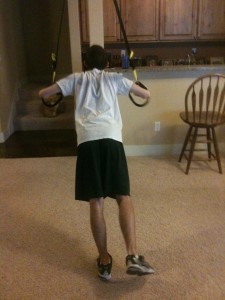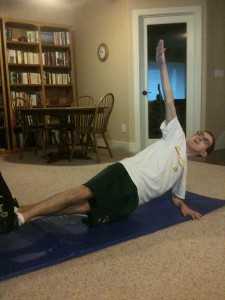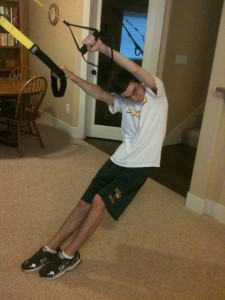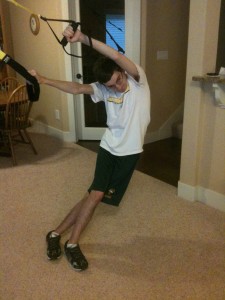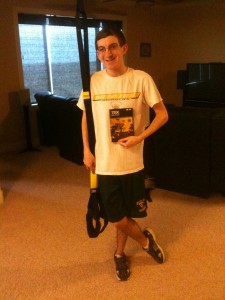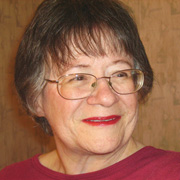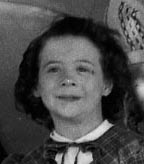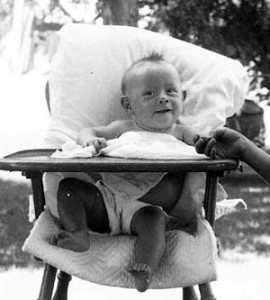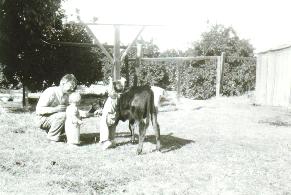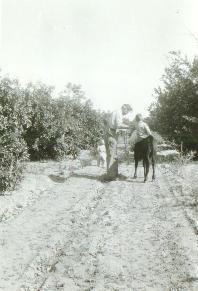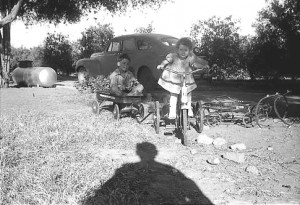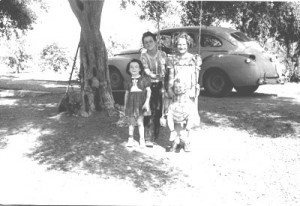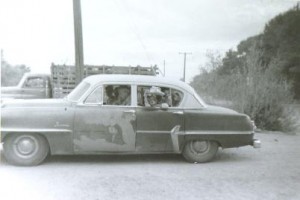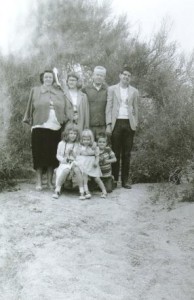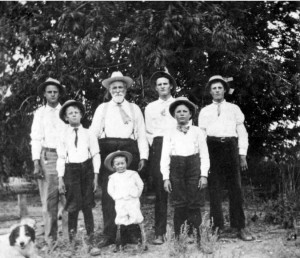I know I took several weeks off of my regular Thursday column, due to the publication of my book, but I’m back now, focusing again on thrillers and suspense. Before I continue with my reviews of popular thrillers (yes, I finished IN COLD BLOOD and THE DA VINCI CODE . . . reviews forthcoming), I want to expand my scope a bit.
Here in the United States, we tend to forget that other countries have their own bodies of literature. In fact, some of the greatest literature in the world has been produced beyond our borders. With that in mind, let me introduce someone who was determined to bring some of France’s current suspense writers to those whose native tongue is English.
Anne Trager founded Le French Book to bring France’s best crime fiction, thrillers, novels, short stories, and non-fiction to new readers across the English-speaking world. The company’s motto is: “If we love it, we’ll translate it.”
I’ll be interviewing her here today and then, over the next few weeks, featuring some of her French authors as part of my “Wednesday Writer” series. I hope you’re as excited as I am to hear French writers talk about their processes and approach to their art.
ME: I understand your goal with Le French Book is to bring English-speaking readers French books that they will love in English, but what made you decide to begin with crime fiction? Is that a genre you personally love, and, if so, why?
ANNE: I love crime fiction, and to be honest, it is just about the only genre I read for my own pleasure. I love the pace, the suspense, when it grabs me by the throat and makes my heart beat faster. Give me a mystery or a thriller and I’m happy, so yes, that is why we decided to begin with crime fiction. Our motto is “If we love it, we’ll translate it.”
But there are other reasons. One is that very little commercial fiction from France is ever translated into English, and that is a shame because there are a lot of really good reads out there I believe readers will enjoy discovering. And finally, our model is to publish e-books first, and well, crime fiction is a very popular e-book model.
ME: How do you choose your books, and why did you begin with these three–THE PARIS LAWYER, TREACHERY IN BORDEAUX, and THE 7TH WOMAN–in particular?
ANNE: First of all, we do a lot of reading and take a lot of recommendations from readers we know. I also attend book fairs, meet authors and discuss with agents and French publishers about their current lists. We choose books we think will appeal to an American audience because of their pace and story.
As it turns out, the first books we chose were also very successful in France. My associate, Fabrice Neuman, was the first to point out THE PARIS LAWYER. We both liked the story structure and the writing. The first page just sucks you into both the main character’s past and present.
We chose TREACHERY IN BORDEAUX because the whole story and setting revolve around wine (I love wine) and the main character is a food and wine lover in a very French way. It embodies something very culturally specific but also universal that goes well with our brand Le French Book. Also, it is the first in a long series that is a hit on French television, so there will be more books to come.
And finally, I chose THE 7TH WOMAN because I couldn’t put it down when I started reading it. It gives you a real edge-of-your-seat rush.
 (I’ve bought all three, but I’m reading this one first!)
(I’ve bought all three, but I’m reading this one first!)
ME: You’ve said that your “goal as a translator is to make sure the read in English gives the same shivers of expectation, longing to read more and pangs of emotions.” How long does it normally take you to translate a novel and how often does it require research? Also, do you get a second opinion on whether you’ve succeeded with the translation or not before publishing?
ANNE: Every novel is different, so it could take a month or two or three or more depending on how easy it is for me to pick up the author’s style and how much research is involved. I like to meet the authors, as well, when that is possible, since the translation is something like getting in their heads and I like to discuss with them if and when we need to make cultural adaptations.
The books usually require research. For TREACHERY IN BORDEAUX, for example, I spent a lot of time reading about winemaking, to get all the vocabulary right, and the city of Bordeaux, for the sense of place, which is one of the novel’s strong points. For THE 7TH WOMAN, I spent time talking with gendarme friends to make sure I understood French police procedure well enough to give an accurate equivalent, and roaming the streets of Paris for atmosphere. And for THE PARIS LAWYER, I talked to lawyers and became rather expert in French legal procedure.
Once completed, all the translations get a second opinion from someone who has read the original in French, and they are all edited by a professional English-language editor to make sure it’s a smooth read. Then they go to beta readers.
(I wouldn’t mind being one of those.)
ME: When did you first fall in love with France, why, and how long have you been living there now? (Please provide some pictures.)
ANNE: I first fell in love with France when I was a teenager and was reading Gourmet magazine. To be honest, I was attracted by the good food, which I later found is more than just food, it’s a way of life. I then studied French and went to France as soon as I could. That was in 1985. I never left.
(These pictures bring back memories of my own visit to Paris while on study abroad.)
ME: Where were you born and raised, and what, if anything, in your childhood or adolescence pointed you toward languages, writing, and publishing?
ANNE: Both of my parents were linguists (Aha!) and everyone in the family has a thing for language and culture, so learning another language was just natural for me. Then, once I was in France, translation was an obvious step because of my grasp of the language. From there, in order to be a good translator, you need to hone writing skills, and . . . well, that led ultimately to editing a publishing, as well.
ME: Now I know you plan to publish more than crime fiction. In fact, you are putting out a collection of 52 SERIAL SHORTS. Why don’t you tell us about it?
ANNE: This is a collection of short stories that don’t quite fit into any one genre. Seven of France’s top writers (the crème de la crème) got together to play a collaborative writing game first developed by the French Surrealists in the 1920s. The idea is that one writer starts a story and then hands it off to the next, who continues it, and so on until all seven writers have contributed to the one story.
The resulting stories are really fun to read, as you follow the authors setting traps for each other and having fun resolving them. They are a real study in creative talent. The stories were published in France in the form of a daily calendar. As we translate the whole collection, Le French Book is giving them away free. Readers can choose to receive a daily installment or a weekly story.
(How fun! I may just have to get together with a group of my writer friends and give this a go.)
ME: What other genres do you foresee publishing going forward?
ANNE: We will continue with the crime fiction and we have two spy thrillers in the works right now, along with a health and well-being book.
ME: How would you compare the role of a translator of fiction with that of an author? Aren’t you, in a sense, also a writer with a writer’s sensibilities?
ANNE: A translator is a kind of impersonator, who is also a writer with writer’s sensibilities. As anyone who has used an automatic online translation program knows, word for word translations are clunky at best, and well, just plain nonsense a lot of the time. Translating fiction requires understanding the author’s language, intention, plot, story structure, literary techniques, idioms, subtleties, and all the rest, and then writing a linguistic and cultural equivalent for this whole that, as you quote above, recreates for the reader the same or similar emotion and thrill that happens reading the original. You can only do this with a certain ability to write in your mother tongue.
ME: I would love it if you would describe your own writer’s (or translator’s) space. (And please provide a picture)
ANNE: My desk sits right smack in the middle of my office. Seven open-backed dark wooden bookshelves going halfway up the wall line the room, the rest of the wall space being reserved to large pictures I never seem to have had time to print and frame. So, when I sit at my desk, beyond my big screen I see that empty wall space in front of me, and to the right is a large picture window that looks out at my own terrace, which becomes my second office in summer.
I see a large evergreen, a walnut tree and a wisteria that is incredibly invasive come the warm weather. Behind me hang drawings done by my daughter, and a large white board I got to help me get organized and that does not actually serve much purpose. The floor space, however, does, and is duly piled up with papers, books, and other miscellanea.
 (We didn’t get an interior shot, but she provided this picture of Pibrac, France where she lives . . . this appears to be a church, but if this is her actual home, I’m officially jealous.)
(We didn’t get an interior shot, but she provided this picture of Pibrac, France where she lives . . . this appears to be a church, but if this is her actual home, I’m officially jealous.)
ME: Finally, what are you currently translating and when can we expect to see it published in English?
ANNE: I’m finishing up the 52 SERIAL SHORTS. I am also working with our editor on the adaptation of DARING TO DESIRE, which is the health and wellness book I mentioned earlier, and we are proofreading a new thriller translated by another translator, which we will be announcing soon. In addition, I have started translating the sequel to THE 7TH WOMAN. We are looking to bring some of these new books out as early as spring.
(Good! That gives me a few months to get THE 7TH WOMAN read, not to mention the others.)
Again, you can find out a lot more about Le French Book by checking out their website. And next Wednesday, I’ll be interviewing Sylvie Granotier, screenwriter, actor, and author of THE PARIS LAWYER.
Originally posted 2013-01-17 06:00:00.

